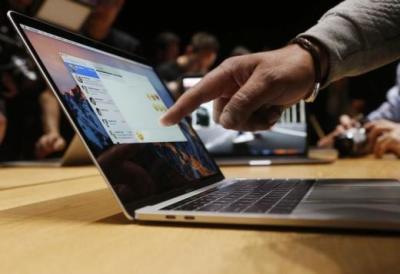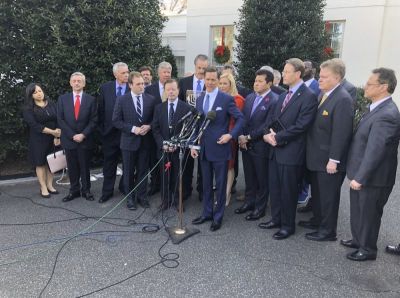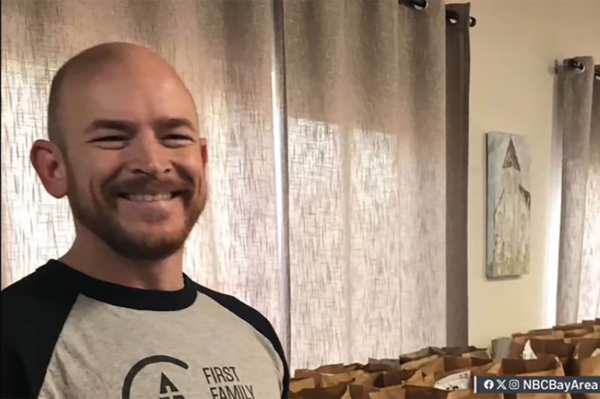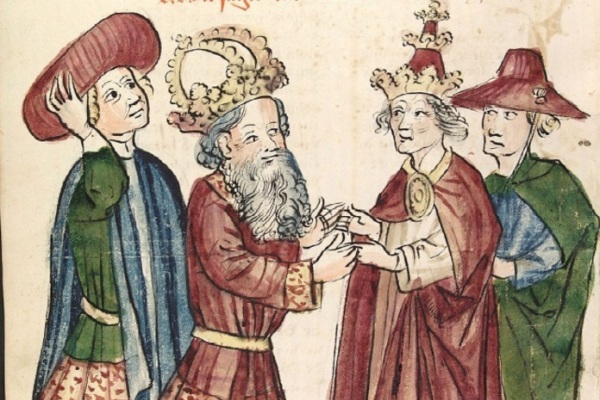A Reckoning Has Come: What the News Media in the US and India Have in Common

The hour of reckoning has come for the mainstream media in the world's two great democracies, India and America.
The flurry of allegations and accusations of sexual harassment against major news hosts, and the rumors of settlements brokered by the media companies to keep victims quiet, have further eroded people's trust in the integrity of their news providers.
In this highly sensitive time of American politics and culture, it has never been more important for the press to maintain its balance and credibility. Yet the news world keeps being disrupted and distracted by one Twitter account: @realDonaldTrump.
Every post from the president's Twitter account sends reporters on a wild goose chase and creates a flurry of alarmed news headlines — yet oftentimes it ends up being no more than that, a wild goose chase. "If you got news only of Trump's official acts and knew nothing of his ongoing commentary, you'd think a rigorously rules-bound president occupied the White House," noted one article.

Granting that President Trump has his weaknesses, he has, and not without a cause, called out biased and misleading stories, several which have later been retracted or corrected. One conservative news outlet noted that, instead of focusing immediately on the recent terrorist attempt in the New York City subway, several of the largest mainstream media were reporting about President Trump's diet Coke drinking habit.
It's no wonder Americans don't know who to believe anymore. Two news outlets can report on the same story and arrive at opposite conclusions, or highlight a "bombshell" report which the other outlet completely ignores. Truth becomes subjective amid the rush and tumult of daily news, and the loser in all of this is the American people.
In India, many wonder if the mainstream media will ever exercise independence of thought and speak truth to power as the corporate houses and political parties control them. More than one-third of Indian news channels are owned by politicians or businesses affiliated to politicians, and an estimated 60 percent of cable distribution companies are owned by local politicians, according to Business Standard.
These statistics prove troubling especially in the wake of the killing of writers and journalists who've challenged government figures and institutions. An eerie silence has descended on the nation as many independent voices are quieted for fear of retaliation. It won't be right to single out any particular political party for the state of current affairs — yet it's undeniable that politicians, along with the wealthy powerful, have long exercised control over the media, oftentimes suppressing negative stories.
One wonders why the mainstream media refused to cover protests by hundreds of thousands of farmers in New Delhi, who tried to call attention to India's worst agrarian crisis. Since 1995, more than 270,000 farmers have committed suicide in India due to draughts, unbearable debt and shifts in the industry due to globalization.
It's even more amazing that the economic distress of the Indian majority is not given more attention. While the top 1 percent holds the lion share of India's wealth and new companies sprout overnight in tune with government initiatives in defense, aviation and energy, many Indians are still struggling to find jobs. It's one of India's contradictory realities: India is the fastest-growing, trillion-dollar economy in the world, yet more than 30 percent of 15-29-year-old Indians are unemployed.
Instead of helping India keep a pulse on the stories that matter to the greater public and holding power accountable, much of the media has been bent on pursuing the sensational. In fact, trial by the mainstream media has become so common that it's a mockery of India's reputed judicial system. In October, the Allahabad high court released a couple who spent more than four years in jail on the allegation of having murdered their own daughter. The media made the case, which remains unsolved, into a soap opera for the consumption of the masses. The media has become judge, jury and executioner, dealing immense damage to the reputation of those who become its unwary targets.
Ahead of the recent state elections in Gujarat, which the BJP has now won, the state's Catholic archbishop sent out a pastoral letter, encouraging Catholics to pray and vote for those candidates who uphold constitutional values. He indirectly warned against "nationalistic" forces, citing violations of religious freedom. Probably the word "nationalistic" was ill advised for these times, as Indians of all faiths are nationalistic or patriotic, yet the mainstream media took it as an opportunity to mount a merciless attack against the archbishop. They accused him of being divisive and communal — even though his pastoral letter to his flock upheld constitutional commitment. Even more, Christians represent 0.5 percent of Gujarat's population, not what you'd consider a major political force.
The public outcry against the archbishop, instigated by the mainstream media, culminated with the Election Commission slapping a notice against the clergyman, asking him to explain his comments. This kind of action has not been seen when other religious leaders in India openly campaign on the basis of religion. In Uttar Pradesh, a priest serves as the state's chief minister. In a pluralistic Indian culture, secularism means that all religions should have equally protected free speech and religious rights. The mainstream media is now abetting religious polarization, which India can ill afford.
Losing faith in mainstream media, Indians have turned to the internet and social media to get their news and a fuller picture behind a story. Courageous Indian journalists and writers are harnessing the power of the internet to disseminate the stories not covered by the mainstream media. Indians now choose whom they believe in, and in their own way are becoming citizen journalists through their social media platforms.
The mainstream media in the U.S. and India have the responsibility and opportunity to speak truth, especially as both countries are traversing highly sensitive times. But even if they don't, the people who really want to know the truth will always be able to find it.
Most Rev. Joseph D'Souza is the Moderating Bishop of the Good Shepherd Church and Associated Ministries of India. He also serves as the President of the All India Christian Council. He is the recipient of numerous awards and accolades for his work as a human rights activist.





















